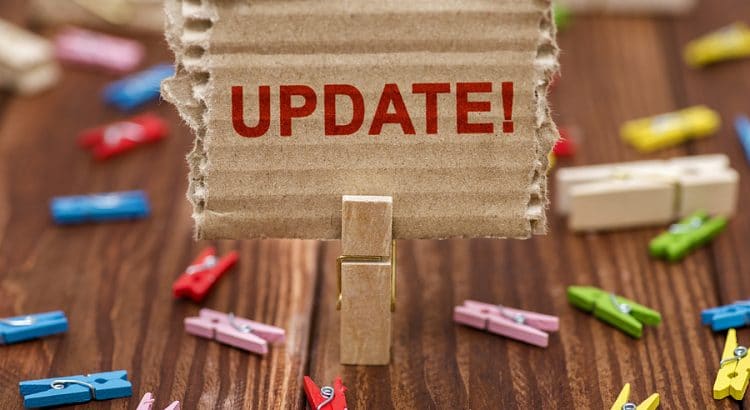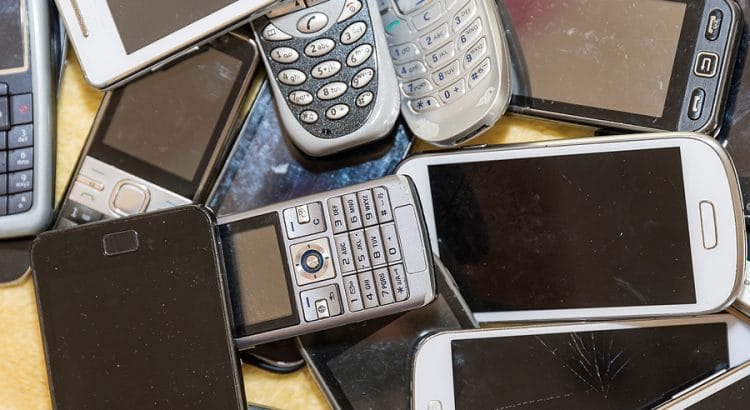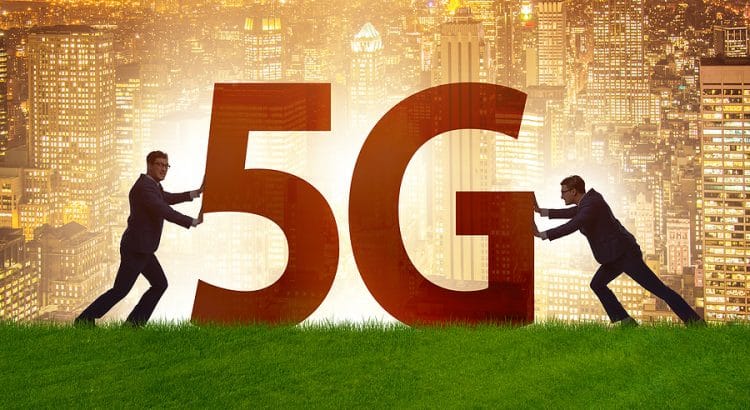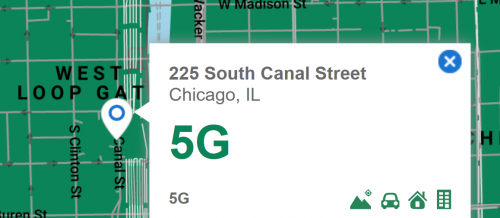Dish recently launched a mysterious website, 5gMobileGenesis.com, where visitors can sign up for something called Project Genesis. Few details are available about the project. Here’s a snapshot from the homepage:

In an article on Light Reading, Mike Dano suggests “Project Genesis” may be a brand name for Dish’s 5G service. Dano suggests the talk of “democratizing wireless” could be intended to give Dish’s 5G a made-in-America vibe:
Peter Adderton also suspects Project Genesis is about branding:
@dish launches Beta test site ? and Brand for new 5G network, very interesting clearly @boostmobile
Brand and retail distribution doesn’t line up with Dish's aspirational consumers they need to make the 5G network profitable, so time to off load boost😀 https://t.co/eZOb3cJPId— Peter Adderton (@peter_adderton) June 15, 2021
I’m not so sure Dano and Adderton have the full story. Here’s the message I saw after filling out a form on the Project Genesis website:

Dish might be using phrases like “original founder” and “democratizing wireless” in an empty matter. But there could be more substance. Helium, which I’m sure I’ll write more about soon, is trying to create a decentralized 5G network. Could Dish be doing something similar?
Tim McDonald, a keen observer of the telecom industry, considered the possibility:
Sounds a bit like @helium
— Tim McDonald (@trmcdonald) June 15, 2021














